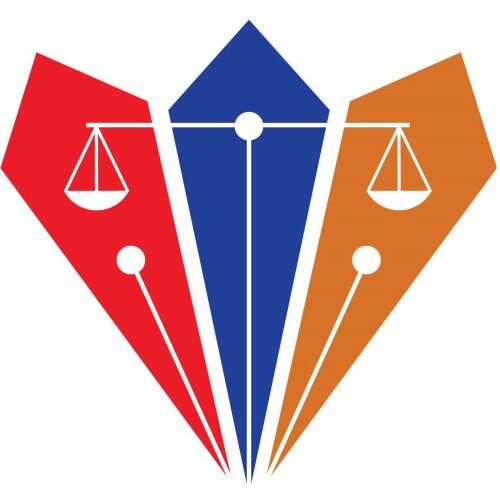Best Appeal Lawyers in Dar es Salaam
Share your needs with us, get contacted by law firms.
Free. Takes 2 min.
List of the best lawyers in Dar es Salaam, Tanzania
About Appeal Law in Dar es Salaam, Tanzania
Appeal law in Dar es Salaam, Tanzania, is governed by the Tanzanian legal system, heavily influenced by the English common law. The appeal process allows those unsatisfied with a court's ruling to contest the decision in a higher court. Appeals can be made from lower courts to the High Court and the Court of Appeal, the highest tribunal in Tanzania.
Why You May Need a Lawyer
Navigating through the complexities of the legal realm can be challenging. You may need a lawyer to file an appeal if the verdict or sentence in your trial seems unfair or the law has been misinterpreted. A lawyer can evaluate the original trial's proceedings, identify grounds for appeal, and present a persuasive argument on your behalf in court.
Local Laws Overview
The Tanzanian judicial system is guided by statutes, case law, constitution, and bill of rights. The Constitution of United Republic of Tanzania provides rights to a fair trial, including the right to appeal against conviction and sentence. Article 13(6) b of the constitution states if anyone is aggrieved by court's decision, they have right to seek appeal to a competent court. Understanding the complex network of these laws and regulations is crucial to successfully navigating an appeals case.
Frequently Asked Questions
1. What is the time limit for filing an appeal?
An appeal should typically be filed within 60 days of receiving the judgment. However, it's essential to consult with a legal professional since exceptions may apply.
2. Can I appeal any court decision?
Appeals can generally be made against the decisions made by the Magistrates' Courts or the High Court. The Court of Appeal of Tanzania is the final appellate court.
3. What basis do I need for an appeal?
An appeal cannot be lodged simply because you are not satisfied with the decision. There needs to be demonstrable legal error, procedural error, or a claim that the decision was unjust due to bias or evidence misinterpretation.
4. Do I need a lawyer to file an appeal?
The appeal process can be complex and challenging. It's highly recommended to have a lawyer who can navigate the legal maze, identify significant issues, prepare relevant documents, and convincingly present your appeal.
5. Can the decision be changed on the appeal?
Yes, the appellate court may uphold the original decision, reverse it, or amend the original ruling, depending on the presented grounds for an appeal and the reevaluation of the facts and laws used in the original judgment.
Additional Resources
The Tanzanian judiciary's official website offers guidance, forms, and regulations about the Appeals process. It is a valuable source of information. Organizations like The Legal and Human Rights Centre in Tanzania may provide support, and the Tanganyika Law Society can provide referrals to specialized appeal lawyers.
Next Steps
If you decide to seek legal advice, consider hiring a competent lawyer specializing in appeal cases. They can guide you through the process, ensuring that all necessary legal procedures are followed. It is also beneficial to educate yourself about the process and your rights as an appellant in the Tanzanian juridical system.
Lawzana helps you find the best lawyers and law firms in Dar es Salaam through a curated and pre-screened list of qualified legal professionals. Our platform offers rankings and detailed profiles of attorneys and law firms, allowing you to compare based on practice areas, including Appeal, experience, and client feedback.
Each profile includes a description of the firm's areas of practice, client reviews, team members and partners, year of establishment, spoken languages, office locations, contact information, social media presence, and any published articles or resources. Most firms on our platform speak English and are experienced in both local and international legal matters.
Get a quote from top-rated law firms in Dar es Salaam, Tanzania — quickly, securely, and without unnecessary hassle.
Disclaimer:
The information provided on this page is for general informational purposes only and does not constitute legal advice. While we strive to ensure the accuracy and relevance of the content, legal information may change over time, and interpretations of the law can vary. You should always consult with a qualified legal professional for advice specific to your situation.
We disclaim all liability for actions taken or not taken based on the content of this page. If you believe any information is incorrect or outdated, please contact us, and we will review and update it where appropriate.














